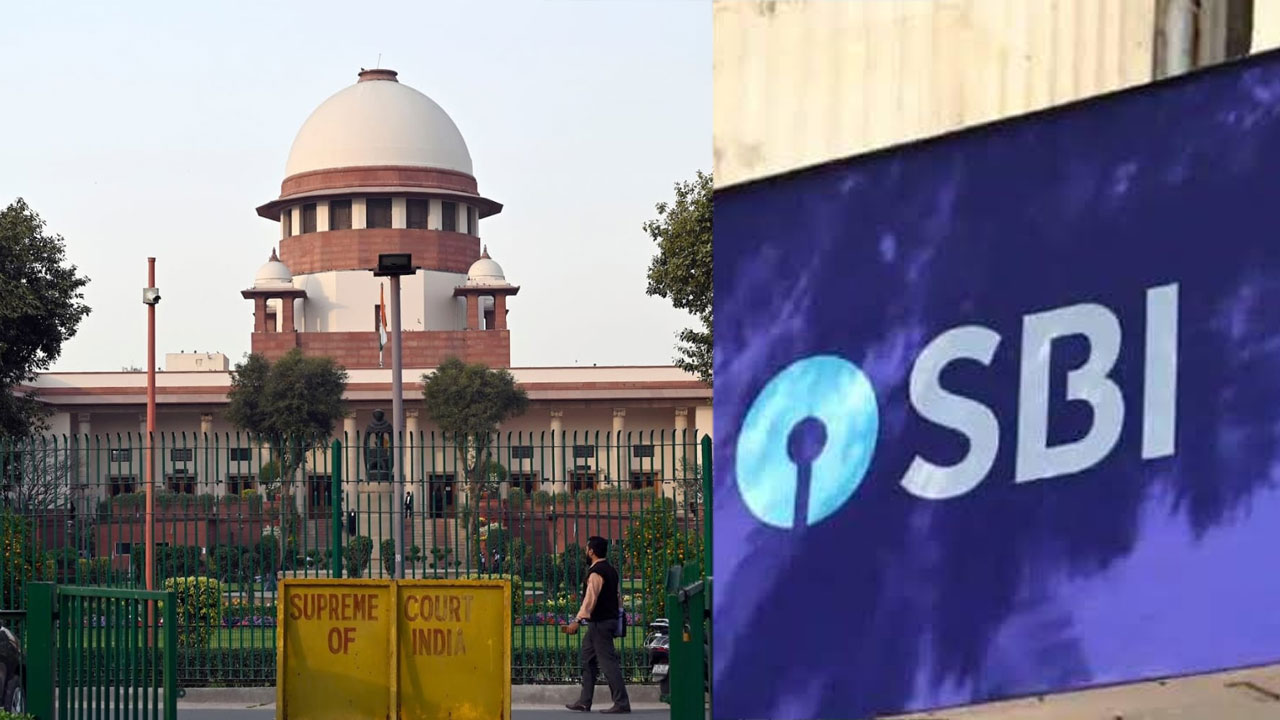
Mumbai: The Supreme Court, on March 11, rejected the State Bank of India’s (SBI) application for a time extension to comply with the court’s previous directive to disclose electoral bonds details. The court emphasized that the necessary information is already available with the bank and instructed the SBI to reveal the details by the close of business hours on March 12, 2024.
This development transpired less than a month after the Supreme Court, through a constitution bench, declared the electoral bonds scheme unconstitutional. The bench directed the SBI to submit details of electoral bonds purchased since April 12, 2019, to the Election Commission of India by March 6. However, the SBI sought an extension until June 30, citing the complexity of processing data from bond sales.
During the hearing, Senior Advocate Harish Salve highlighted the challenge of reconciling donor and redemption details stored in separate silos. Chief Justice DY Chandrachud clarified that the court’s directive was for disclosure, not a matching exercise, emphasizing the bank’s possession of necessary details, including KYC records.
Despite the SBI’s explanation of siloization difficulties, the court suggested a simple solution: opening a sealed cover to collate and furnish the details. Salve acknowledged having purchaser details but cited difficulties in matching them with bond numbers and mentioned some information was physically stored.
Chief Justice Chandrachud questioned the SBI’s progress silence since the February 15 judgment, expecting candor. The court dismissed SBI’s extension plea, stating its submissions indicated the information’s availability. The SBI is directed to disclose details by March 12, 2024, and cautioned about potential consequences for non-compliance.
The court ordered an affidavit from SBI’s chairperson and managing director, indicating compliance. While refraining from contempt proceedings, the court warned of possible action for wilful disobedience.
Additionally, the Election Commission of India was directed to compile and publish information by March 15, 2024, based on details provided in a sealed cover in November 2023.
Background:
On March 7, Advocate Prashant Bhushan sought an urgent hearing for a contempt petition against the SBI, accusing deliberate defiance. ADR and Common Cause contend SBI’s extension request is ‘mala fide,’ aiming to obstruct transparency before the Lok Sabha elections. The Communist Party of India (Marxist) also filed a contempt petition.
The Supreme Court’s constitution bench on February 15 deemed the electoral bonds scheme unconstitutional, directing the immediate cessation of issuance. The SBI was instructed to submit bond purchase details since April 12, 2019, by March 6. Chief Justice DY Chandrachud delivered the lead judgment, while Justice Khanna provided a concurring opinion. The court warned of potential contempt proceedings if the SBI fails to comply with the indicated timelines.
#SupremeCourt #SupremeCourtofIndia #ElectoralBondsCase #ElectoralBondsScheme #ChiefJusticeDYChandrachud #AssociationforDemocraticReforms #CommonCause #CommunistPartofIndiaMarxist






























